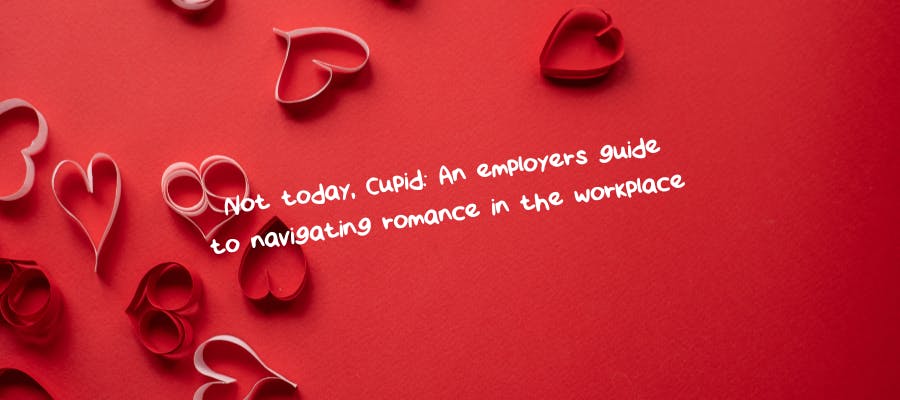First published on Monday, June 14, 2021
Last updated on Wednesday, September 7, 2022
Once the government lifts the ‘work from home’ guidance, you can ask your staff to return to the workplace. But you might find that they’re reluctant to do so…
Recent surveys have reported that most staff don’t want to return to onsite work full-time anymore, and if this is how your staff feel, the first thing you need to do is to find out why they feel this way.
Talk to your employees early on
If you want to ask your people to come back into the workplace, talk to them in advance. It gives staff the chance to voice any concerns they have about returning to work, and gives you the opportunity to address these concerns.
So, what might these concerns be?
“I don’t want to catch the virus at work.”
Some staff might have underlying health conditions or live with people who are clinically vulnerable, and they might feel like home is the safest place to be.
As an employer, you can help your employee feel safer by explaining all the ways that your workplace is in strict compliance with the Work Safely Protocol. If your employee knows about the additional measures you’ve put in place, like regular workplace COVID-19 testing, ventilation upgrades, or staggered shifts, it could help to give them peace of mind.
“I prefer remote working.”
We’ve all had to adjust to new and different ways of working over the last year, and lots of staff might have been accustomed to remote working. After all, it has its perks. Less commuting, greater flexibility, increased family time…
And with lots of businesses embracing WFH, you could risk losing staff if you refuse to allow them flexibility. As an employer, being adaptable could benefit your business, so providing it suits your business, you could offer employees a ‘hybrid working’ arrangement—half the time in the office, half the time at home. It’s a win-win.
“I can’t access childcare.”
Childcare has been challenging during the pandemic, with parents working from home, schools closing, and periods of lockdown and self-isolation preventing people entering homes that aren’t their own…
Your staff with children have probably had to make a lot of changes to their childcare arrangements during the pandemic, so offering flexibility, particularly around school holidays, will help parents to keep their new work-life balance when coming back to the office.
Should I take disciplinary action with staff who simply refuse to return to work?
While you’re technically entitled to discipline employees who fail to follow reasonable management instructions, you should be careful—initiating a disciplinary process during the pandemic should be a last resort after all other options have been fully explored.
The WRC is also likely to have sympathy for employees who have genuine concerns about returning to work in the current climate—and you should, too.
And don’t forget, you need to treat high-risk employees with particular care, including older workers, pregnant workers, and employees with pre-existing or underlying medical issues. All these employees are legally protected under employment equality legislation, health & safety legislation, and could even make personal injury claims against you.
Always get professional advice from one of our legal experts before going down the disciplinary route with any employees.
Plan a phased return to the office
The return to work will be challenging for both you and your staff, so to make it easier for everyone the government advice is to consider a phased return to work.
This could mean opening your workplace for a small number of employees at a time, allowing staff to gradually increase their days in the office, or looking at other flexible ways of working that make your people more comfortable.
If you have a question about getting your staff back to the workplace, or anything else, speak to one of our friendly experts. Call BrightAdvice on 1800 279 841 today.






